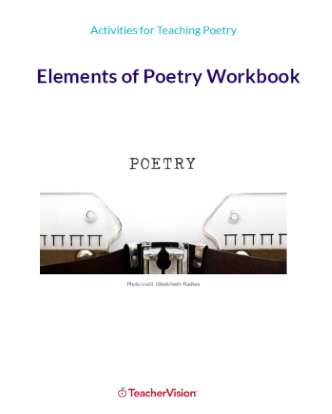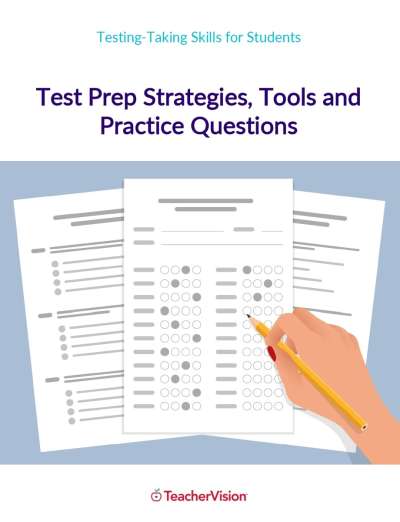Roles:
Many teachers using literature circles assign students specific roles to provide a degree of structure to the groups, at least at the beginning stages of group formation. These roles are rotating, with students eventually taking a turn at each role as they proceed through several books or groups. Harvey Daniels, in his book Literature Circles, discusses in detail several different possible roles. Daniels includes sample role sheets with specific role descriptions, sample discussion questions, and other support available for group members. Some of these roles include:
Discussion Director - this student's job includes keeping the discussion moving along, productive and focused.
Literary Luminary - this student highlights particularly important parts of the text, perhaps reading them aloud to the group and discussing.
Questioner - this student develops questions to start or continue a thoughtful discussion about the book.
Connector - this student looks for connections between the text and the outside world and contributes this perspective to the discussion.
Illustrator - this student's job is to draw some type of illustration related to the reading, perhaps an important scene, and bring that to the discussion. The picture should convey an idea or feeling from the reading.
Questioning Strategies:
Key to engendering good discussions in literature circles is for students to be adept at asking, and answering, a wide variety of questions at different cognitive levels. Strategies that encourage questioning and discussion at the higher levels of Bloom's Taxonomy will lead to much more successful, in-depth, and meaningful literature groups. The level of questions determines the depth of student understanding as well as their level of engagement with the literature.
Junior Great Books suggests a strategy called "shared inquiry" to structure book discussions. In this strategy, there are three general types of questions: factual, interpretive, and evaluative. Factual questions have one correct answer that can be supported by evidence from the text. Interpretive questions are more open-ended; they can have several answers that can be supported by evidence from the text. Evaluative questions ask the reader to evaluate something from the text based on their own knowledge or experience.
The following are some examples of each type:
Factual
What are the names of Harry Potter's two best friends?
What kind of creature is Charlotte in Charlotte's Web?
Interpretive
How does Harry feel about his fame throughout the wizard community?
Why does Charlotte try to help Wilbur?
Evaluative
Put yourself in the role of Harry Potter. What would you do differently?
How do you feel about the way Charlotte's Web ended?
The shared inquiry strategy used by Junior Great Books focuses on interpretive questions, as these are open-ended, yet call for supporting evidence from the text that is being read. This requires students to back up their reasoning by pointing directly to evidence from the text.
Further, divergent and higher-level questions expand the discussion rather than limit it. Factual questions elicit and answer and then discussion stops. Divergent questions encourage further discussion. The kinds of dialogue that these questions generate expand students' thinking, help them think more openly, expose them to various viewpoints and ideas on a topic, and stress application of knowledge.
Reading Response Logs:
Many teachers have students keep reading response logs in which they record thoughts, questions, ideas, and other responses to the literature they are reading. Response logs, although used in other parts of the reading curriculum, can also be very useful before, during, and after meeting in groups. While students are reading, they can record thoughts or questions they want to remember to bring up during discussion with their group. They may jot down an important quote or excerpt that they want to point out to their group, or record a key insight that occurs to them as they read.
During group meetings, students will refer to their response logs to jog their memory, and they might even quickly jot down an important idea that is brought up in the discussion. After the meeting, students can have more time to write about how the group's discussion went, what role they took on and how they think they did, and any new insights that might have come up as a result of the group's interaction.
Overall success of literature discussion groups can be measured by the depth and quality of your students' response to literature as seen in their written responses and their conversations about books. With successful response groups, you will find evidence of learning from students' increased comprehension of what they are reading, and their articulation of their understanding of a wide variety of texts. As you confer with groups and with individual students, you will take note of their progress and the challenges they face, so you will have a clear idea of the next steps they need to take to enhance their reading and comprehension skills.
As with other collaborative learning experiences, it is essential to have multiple measures in order to get a true picture of student progress. Daniels (1994) lists several general categories of measures:
Kidwatching/anecdotal records
Checklists
Interviews/conferences
Portfolios/work samples
Performance assessment
Classroom tests
Response logs, mentioned previously, can serve to enhance and prepare students for the work they do in groups, and also to document their progress as they become thoughtful readers. Reading response logs show evidence of student learning throughout the year and can be a major part of a student's reading and writing portfolio.
Lesson Plans
Encourage your students to read for pleasure with book discussions. Students can share with the class or a small group a book that they have recently read in a variety of fun, creative ways.












